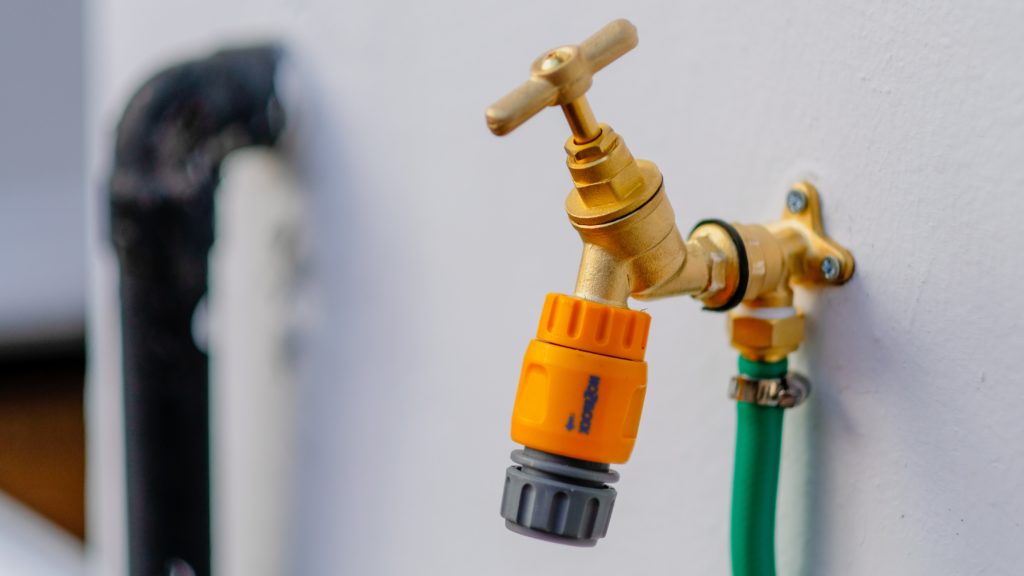
Tennessee soils were on the move again this week after the recent Arctic blast.
When temperatures climbed comfortably above freezing, the ground began to thaw and move, causing some water line breaks across Nashville — one of which caused a massive dumping of clean water into the Cumberland River.
On Dec. 27, there was a break on a 24-inch water main crossing underneath the Cumberland River, which caused many millions of extra gallons of water to leak each day. Metro Water Services kept the water flowing in order to prevent any drinking water threats.
“We don’t want river water to be able to enter our pipe. We need river water to be leaving our pipe,” said Sonia Allman of Metro Water Services.
A break has been discovered in a 24” water main crossing the River. As the break is isolated, residents in East Nashville will experience low pressure for approximately 6 hours.
— Metro Water Services (@NashvilleMWS) December 27, 2022
Water line breaks can threaten drinking water
When a water pipe breaks, water usually pours out. But it can also let stuff in.
An exposed pipe can draw in bacteria from groundwater or the soil. Some pathogens can cause disease outbreaks and intestinal disorders. Legionella, for example, causes between 8,000 and 18,000 hospitalizations each year.
Water utilities must maintain steady pressure to cut the risks of contamination following a line break. If that pressure drops, utilities will issue boil water advisories.
“Several places like Memphis have had to have boil water notices, not necessarily because the water was contaminated, but because they could not say for certain that nothing didn’t siphon back into it because of pressure losses,” Allman explained.
Nashville did not need a water advisory. Allman said the city has not had a boil advisory in at least two decades thanks to the city’s blended water system. All of Nashville is supplied by two water plants, as opposed to having plants divided to serve portions of a city.
Metro Water Services recorded a slightly higher-than-normal 47 water line breaks for December through Thursday. This did lead to a few significant upticks in daily water output.
Nashville usually pumps about 90 to 100 million gallons of water each day. After the main break on Sunday, the city was pumping 147 million gallons of water, a new record high for the city.
On Thursday, the city was down to 123 million gallons.
“Our pumpage is returning to normal,” Allman said.

